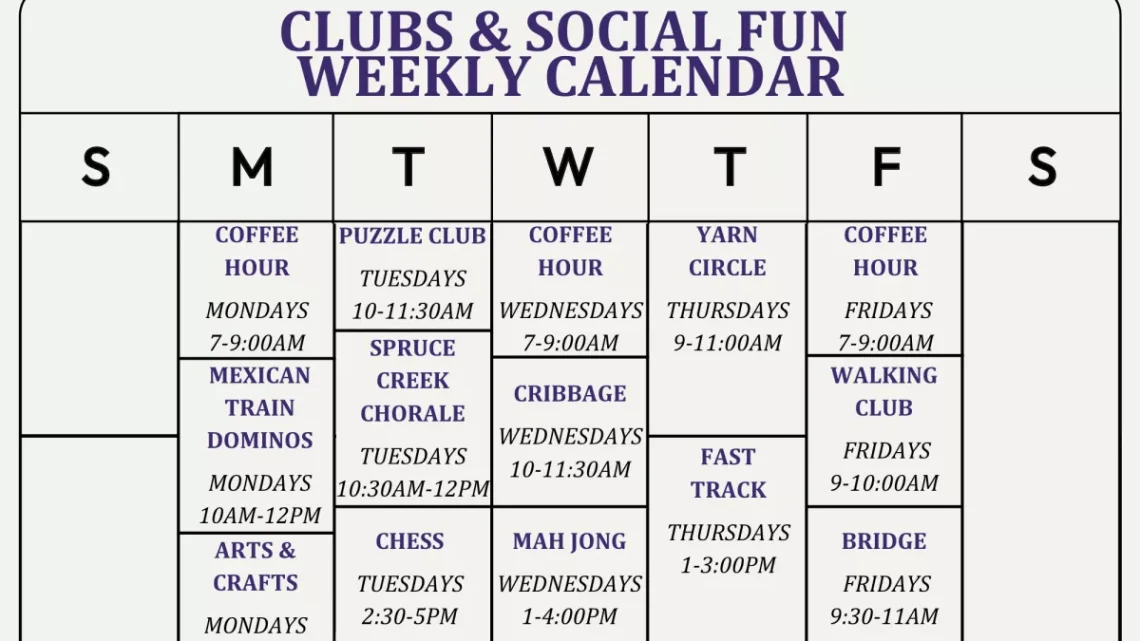
The Social Impact of Bingo Clubs on Mental Wellness and Community Building
October 24, 2025When you picture a bingo hall, what comes to mind? For many, it’s the nostalgic rattle of numbered balls, the focused silence before a call, and the triumphant shout of “Bingo!” echoing through the room. But honestly, it’s so much more than a game. Beneath the surface of daubers and cards lies a powerful, often overlooked, social engine. These clubs are quietly—and sometimes quite boisterously—combating loneliness and stitching communities back together.
More Than Just a Game: The Unexpected Social Hub
Let’s be real. In our hyper-connected digital world, genuine connection can feel scarce. We have hundreds of online “friends” but fewer people to share a coffee with. Bingo clubs stand in stark contrast to this. They are physical, tangible spaces where people gather with a shared purpose. It’s a low-pressure social environment. You don’t need to make strenuous small talk for an hour; the game itself provides the structure and a common focus.
That shared focus is a powerful thing. It breaks down barriers. You might be sitting next to a retired teacher, a young tradesperson, and a stay-at-home parent. For those few hours, those labels fade away. You’re all just players. You share in the collective groan of a near-miss and the joy of a winner. This creates a unique sense of belonging, a feeling that you’re part of something. And that feeling? It’s a cornerstone of good mental health.
The Mental Wellness Benefits of Regular Play
The impact on mental wellness isn’t just a happy accident; it’s woven into the very fabric of the activity. Here’s a closer look at how bingo clubs contribute to psychological well-being.
Cognitive Workout in Disguise
Sure, it looks like fun, but your brain is getting a serious workout. Playing bingo requires sharp focus, quick information processing, and hand-eye coordination. You’re listening for numbers, scanning multiple cards, and marking them accurately—all at speed. This kind of mental stimulation is crucial for maintaining cognitive function, especially as we age. It’s like a brisk walk for your mind, helping to keep it agile and sharp.
A Buffer Against Loneliness and Isolation
This is the big one. Loneliness is a modern epidemic, with profound effects on both mental and physical health. Bingo clubs offer a reliable, scheduled antidote. They provide a reason to leave the house, a place to be expected. For many, particularly older adults or those living alone, the weekly bingo game is the social highlight of their week. It’s a lifeline. The simple act of sharing a laugh or a commiserating look with a fellow player can lift a person’s mood for days.
Routine, Structure, and Anticipation
Mental wellness often thrives on routine. Knowing you have bingo every Tuesday night gives you something to look forward to. It creates a positive structure to your week. The anticipation of a social outing, the potential of a win, the familiar rituals—all of these elements contribute to a greater sense of stability and purpose, which are fundamental to our psychological well-being.
Building Blocks of Community: How Bingo Clubs Connect People
Beyond individual wellness, these clubs are masterful at community building. They create micro-communities bound by a common interest. Here’s how they do it.
Fostering Intergenerational Connections
While often associated with an older crowd, the appeal of bingo is broadening. Modern “bingo nights” at pubs and community centers are attracting a younger demographic. This creates a beautiful, rare space where generations mix. Grandparents might play alongside their grandchildren. Stories are shared, perspectives are broadened, and mutual respect is built over a simple game. This intergenerational contact is invaluable, breaking down stereotypes and fostering empathy on both sides.
The Power of Shared Rituals
Every community has its rituals, and bingo clubs are full of them. The specific calls (like “two little ducks, 22”), the lucky charms players bring, the way numbers are announced—these are all shared cultural touchstones. Participating in these rituals creates a powerful sense of in-group belonging. You’re not just a person playing a game; you’re part of the “bingo club” tribe.
A Support Network in Plain Sight
Over time, the people you see every week become more than just fellow players. They become a de facto support network. They notice if you’re absent. They ask about a sick relative you mentioned the week before. They celebrate birthdays and offer comfort during tough times. This informal network provides a safety net of social support that is, frankly, hard to find elsewhere. It’s community care in action.
The Modern Bingo Renaissance
It’s not your grandmother’s bingo anymore. Well, it is, but it’s also your cool niece’s bingo. There’s been a real resurgence, with trendy bingo halls incorporating music, themes, and a more lively, event-like atmosphere. This evolution is crucial—it’s making the social and mental wellness benefits of bingo accessible to a whole new generation who are also grappling with loneliness and a need for authentic connection.
These modern iterations prove that the core appeal—the community, the excitement, the shared experience—is timeless. The packaging might change, but the powerful social impact remains.
A Final Thought on Connection
In the end, bingo is just the vehicle. The real magic happens in the spaces between the numbers. It’s in the shared laughter, the quiet conversations during the break, the collective holding of breath before the final call. In a world that often feels fragmented, these clubs offer a simple, profound remedy: a place to belong. They remind us that community and wellness are often found not in grand gestures, but in the humble, happy shout of a single word.






